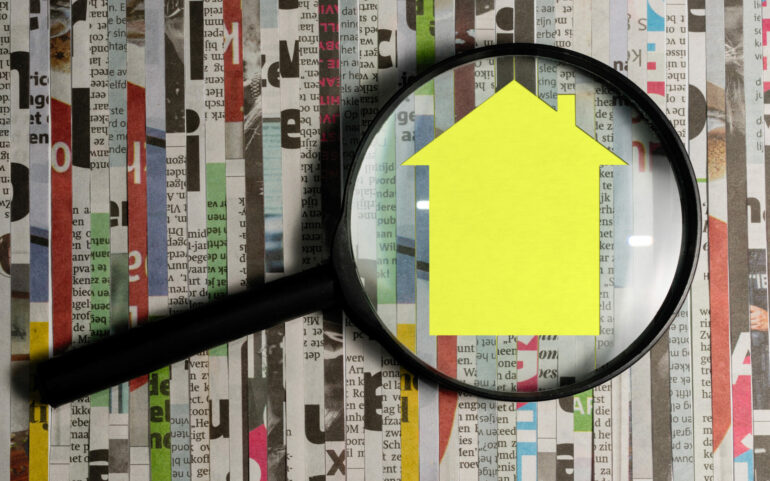Research from Pure Property Finance found that mortgage-related terms generated over 595,000 Google searches a month in the UK, highlighting ongoing confusion among buyers.
Luke Williams, specialist property advisor at Pure Property Finance, answered the five most searched mortgage questions, based on monthly search volumes.
The most searched question was “How much mortgage can I get?” with 17,000 searches a month.
Williams said: “Most lenders will let you borrow around 4 to 4.5 times your annual income, however this can vary due to some underlying factors.
“If you have existing debts or your credit score isn’t as good as it should be for a mortgage, you may have to borrow a little less.
“Other financial commitments, such as other mortgages, car loans and child maintenance costs might also have an impact, and affordability checks are much stricter today, with lenders assessing every single monthly outgoing and financial dependent, to ensure that they don’t encounter repayment problems further down the line.”
The second most common question was “Are mortgage rates going down?” with 4,900 searches a month.
Williams added: “There’s definitely some optimism that rates might soften a little bit throughout the year, but it won’t be a dramatic drop.
“With inflation starting to ease ever so slightly, lenders are still pricing conservatively and are still reluctant to make any huge changes.
“The Bank of England base rate is a key driver in interest rates, we’ve started to see this come down consistently, with two members of the MPC most recently voting for a 0.5% cut.
“Mortgages may follow in the coming months; but won’t reach pre-pandemic levels for a long time.”
“How to get a mortgage?” saw 3,800 searches a month.
He said: “Getting a mortgage starts with preparation. Firstly, you’ll need to visit a broker to find out exactly who to go with for the best rates for your circumstance, especially if your mortgage is more complex; you’re self-employed, have multiple income streams or you need a more flexible approach.
“Once you’ve had a Mortgage-in-Principle, you’ll then need to prove your income, show a great credit history and show proof of funds for your deposit.
“Your deposit should typically be no less than 10%, however, the more you’re able to pay upfront, the less interest payments you’ll end up paying over the years.”
The question “What is a mortgage?” saw 3,700 searches a month.
Williams said that a mortgage is a large loan from a bank or lender to help people buy a home. He explained that if a property costs £400,000 and the buyer pays a £50,000 deposit, the mortgage would cover the remaining £350,000, which is then repaid with interest over 25 to 35 years.
Williams added that the property is used as security for the loan, so if repayments are missed, the lender can repossess the home.
The question “Can you get a mortgage with bad credit?” received 2,400 searches a month.
Williams said it is possible to get a mortgage with a poor credit history, but it is more difficult.
He said specialist lenders offer mortgages to those with missed payments or low credit scores, but these usually require larger deposits, above 10%, and higher interest rates.
Williams added that a broker can help find suitable lenders and may suggest improving your credit score before applying.




